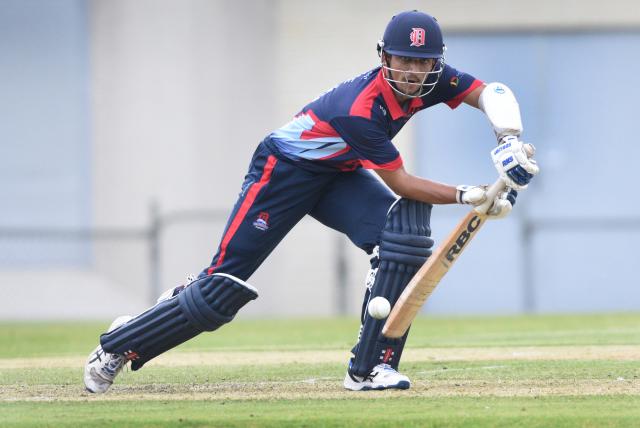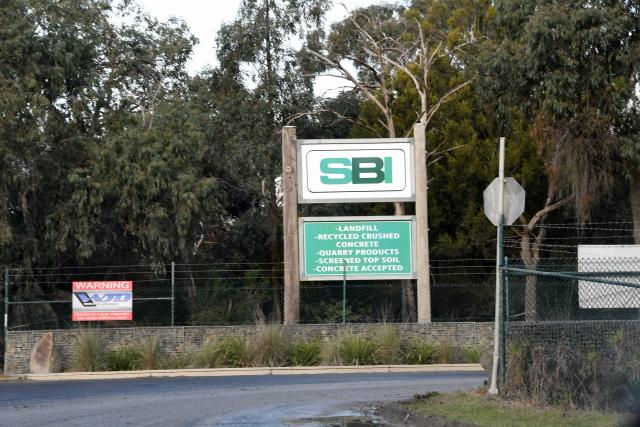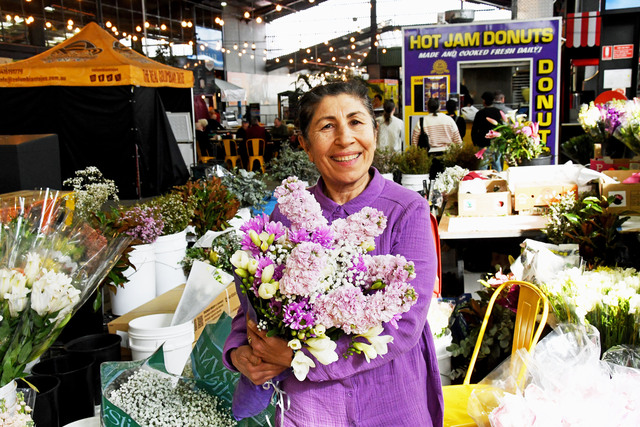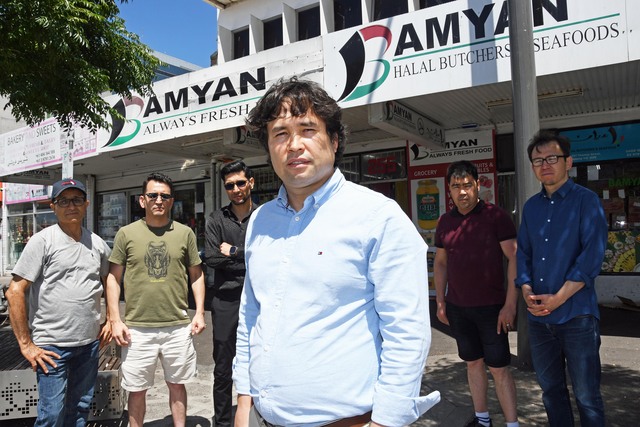WHEN Cranbourne’s Melody Cayzer embarked on a sixmonth student exchange to South Africa she learnt about racism and poverty first hand.
The 20yearold student recently returned home and has many stories to tell about the challenges she faced living in a foreign country.
Ms Cayzer was one of two Australian’s participating in the program at Monash University Johannesburg.
She readily admits that her first two weeks in South Africa were ‘excruciating’ and the lowest point of her stay as she dealt with homesickness and language and cultural barriers.
But the thirdyear commerce student said she quickly made friends and grew to love her time in Africa.
She even hopes to return one day to work for charity and explore east Africa.
“Up the road from where I was staying there were tiny tin shacks the size of your kitchen,” she said.
“These people just had nothing no facilities, no amenities, power or clean water.
“They just lived in such awful conditions.
“I went and visited and took some food and conducted bible studies there.
“I would like to go back.”
Ms Cayzer, a member of TurningPoint Family Church in Cranbourne, said she had also witnessed many other social issues during her stay such as high crime rates, prejudice towards native Africans, a lack of public transport and constant power failures.
She said she had also seen many road accidents.
“There was always lots of car accidents,” she said.
“I even saw people dead on the ground.
“The roads are quite scary over there because no one really follows any road rules and there are not many street lights.
“The taxi drivers are crazy, as well.”
Ms Cayzer said her experiences in Africa really made her appreciate the equality that Australians enjoy.
“I have never been exposed to racism like that before,” she said.
“It was completely different over there to anything I had every experienced.
“All students were from an extremely wealthy background wealthy and nearly all of them had maids.
“You go to the shopping centres and they are full of whites, wealthy people. Then you walk outside and see black people cutting grass on the side of the road with machetes.
“Since the end of apartheid and the rise of black empowerment a lot of white people seem resentful, particularly about black people getting jobs and more employment opportunities.
“It just made me realise how lucky we are and how we all have the same opportunities and can all access free education, regardless of colour here.”
She also said she had to be very careful when going out on the streets and never travelled alone.
“They really discourage you from walking through the streets by yourself,” she said.
“Only one kilometre up the street from where I was staying there was a shopping centre, but I would always walk with a male friend or a couple of girls.
“One girl got raped outside our campus and another had her passport and money stolen.
“Muggings were pretty common.”
Despite the initial weeks of settling in and the precautions foreigners had to take, Ms Cayzer said she had a fantastic time.
“In the end I got around everywhere,” she said.
“I loved the experience. It was so fantastic.
“Everyone I met was really sweet and nice.”
Ms Cayzer also found the time to enjoy an African safari experiencing close up and even frightening views of native animals.
“We camped out in tents in the wild with no fences,” she said.
“Wild animals like elephants were walking past us and crocodiles were on the banks opposite us.
“It was just amazing.”
Ms Cayzer also said she hoped to study a Diploma of Education after completing her degree this year or open up a catering business.
Melody’s African adventure a real eyeopener
Digital Editions
-
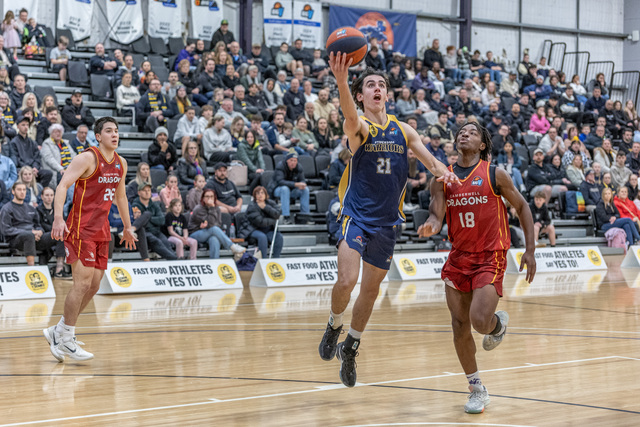
Basketball Victoria leading the way with road safety message
Purchase this photo from Pic Store: 492204 Blue armbands will be a familiar sight across courts in the South East after Basketball Victoria partnered with…

